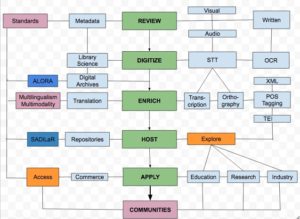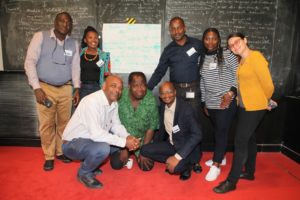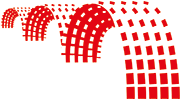Rationale
One third of the world’ s languages are used in Africa. However, only a minute proportion of these languages are digitally treatable. A wealth of analogue text data are deteriorating and disappearing. Text is a key resource to Digital Humanities scholarship. We understand text as any piece of communication produced by humans and represented in audio, video, still images or writing. The notion of “text” in the digital era however, entails new standards of representation and organization. Hence the objective of the TAAL project presented at DH2019 Utrecht, is to make all forms of texts of African languages digitally processable.
Methodology
- Review and inventorize available texts, resources and expertise.
- Digitize.
- Add value (multilingual translation, phonetic transcription, orthographies, multimodality).
- Collaborate across disciplines (computer science, library archival and information sciences, education. etc).
Expected outputs
- Establish the “Network for African Digital Humanities ” (NADIHU)
- Hosting infrastructures: interoperability between existing and new infrastructures based in Africa.
- Develop and adapt technologies for African languages.
- Skills transfer and training: develop a programme for online and on-site training.
- Foster collaboration with stakeholders for impact in different domains of social life, e.g. health, education, governance, economics…
Challenges and Innovations
- Setting common standards and metadata specific for African languages.
- Multilingualism, multimodality and multiscriptism (incl. tone).
- Access to users
Significance
- Introduces the African perspective with its diversity of languages, cultures, societies and practices and it will expand the DH agenda.
- Positions African languages and cultures at the forefront of the DH research agenda.
- Opens new horizons and bring in new paradigms in DH as African languages and cultures have unique features.
- Brings together unparallelled pool of skills and competencies in language research and technology. Increases the visibility of African languages in the digital space.
- Affords participation of African societies in the global digital world
Road map

The team

